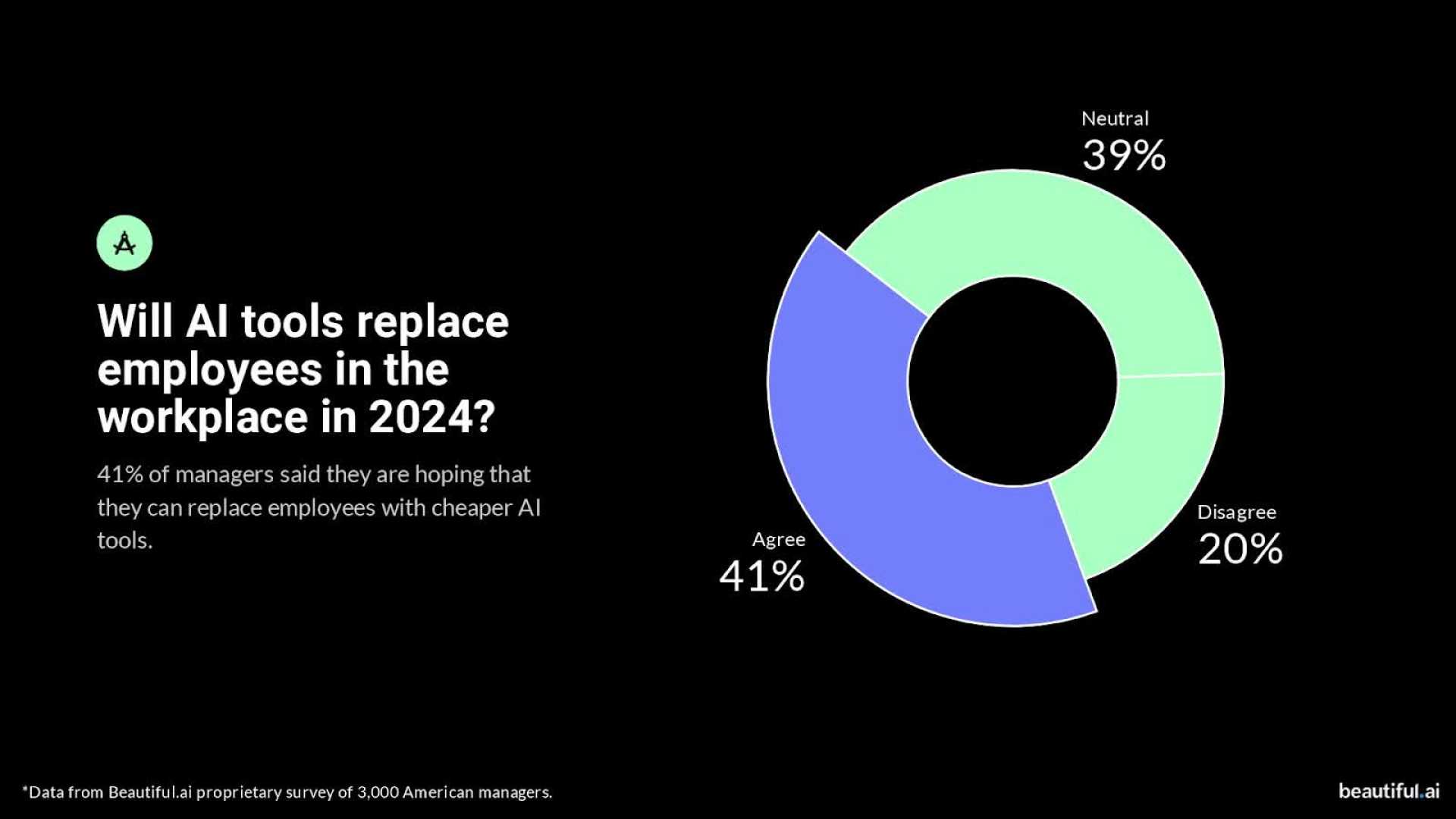Business
AI Revolution Creates Job Challenges for Younger Workers, Study Finds

Stanford, California — A new study reveals that artificial intelligence is significantly impacting entry-level workers, particularly those aged 22 to 25. The research, led by economists Erik Brynjolfsson, Bharat Chandar, and Ruyu Chen, shows that this age group has seen a 13% drop in employment in AI-exposed jobs since 2022. This decline stands in stark contrast to older workers in the same occupations, who have experienced stable or even growing employment rates.
The study analyzed payroll data from ADP, covering millions of workers. It highlights sectors like software engineering and customer service, where younger employees are increasingly being replaced by AI systems designed to automate routine tasks. Brynjolfsson explains, “These large language models overlap with the knowledge young workers bring from university, making them more vulnerable.”
Between late 2022 and July 2025, entry-level positions in these sectors have declined by about 20%. In contrast, employment for older workers in similar jobs grew during this time, indicating that experience may play a crucial role in job retention amid the AI transformation.
Moreover, the findings reveal that overall employment for workers aged 22 to 25 in AI-impacted sectors dropped 6%, while jobs for older workers in those same fields increased 6% to 9%. The researchers note that older employees often possess tacit knowledge and soft skills, which are harder for AI to replicate.
Despite the disruption, the study also emphasizes that not all roles are equally affected. There are fields, such as healthcare, where AI is viewed as a tool to augment rather than replace human workers. In these areas, such as nursing, AI can automate mundane tasks, allowing healthcare professionals to dedicate more time to patient care.
As of late 2024, 23% of employees reported using generative AI in their jobs weekly, indicating a shift in how workers are adapting to this technology. Brynjolfsson stresses that young workers who learn to leverage AIs to enhance their productivity will likely thrive in the evolving job landscape.
This trend suggests potential significant changes in the job market, as younger workers may need to upskill to maintain relevance in a workforce increasingly influenced by AI. As companies continue to adopt these technologies, workers in entry-level positions across various sectors must be proactive in developing new skills.
“There’s a rearrangement of employment,” Brynjolfsson concluded. “Tech has always been creating and destroying jobs.” The study warns that this AI revolution requires attention, as it is only the beginning of larger shifts in the labor market.












